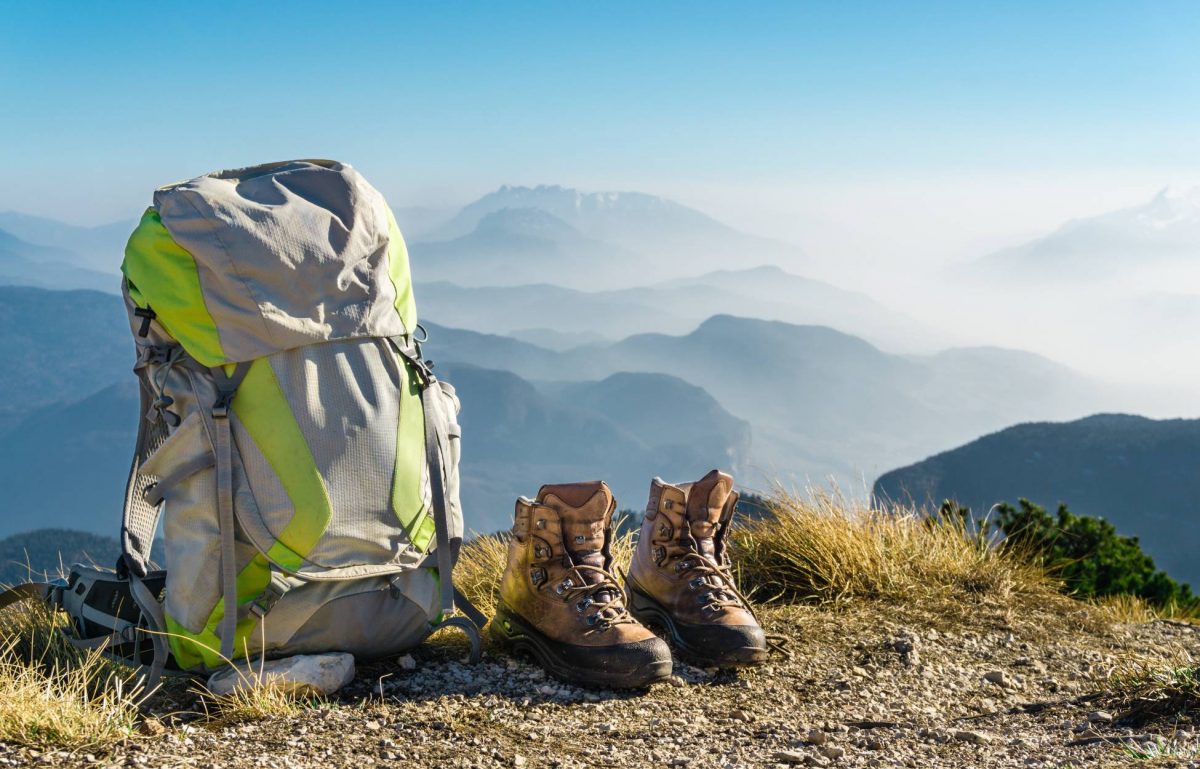Hiking in the mountains can be a lifechanging experience. Every step unveils breathtaking vistas, offering the thrill of conquering nature’s giant peaks. But any seasoned hiker will tell you that the key to a successful trip lies in being well-prepared. Whether you’re a novice or a veteran, having the essential equipment for your next mountain hiking trip can make all the difference.
Choosing the Right Hiking Boots for Your Journey
Footwear is arguably the most important gear for any hike. Choosing the right hiking boots can mean the difference between a memorable trek and a painful ordeal.
When selecting boots, consider the terrain and climate you’ll encounter. For rocky trails, opt for boots that have sturdy soles with good grip. In wetter climates, waterproof material is essential to keep your feet dry and prevent blisters. Remember, a well-fitted boot should snugly encase your foot without being too tight, allowing room for swelling.
A Backpack for All Your Needs
A reliable backpack is essential for carrying your gear. When choosing a backpack, consider its size and capacity to ensure it can hold everything you need without being too heavy or cumbersome.
Comfort and adjustability are key features to look for. Padded shoulder straps and hip belts distribute weight evenly, reducing strain on your back and shoulders. Adjust the backpack to fit your body snugly, keeping it stable and secure during your hike. Look for additional features like hydration reservoirs for water on the go.
Tools for Finding Your Way
Even on well-marked trails, having reliable navigation tools is crucial. A map and compass are traditional yet indispensable tools for navigating unfamiliar terrain. Learn how to use them together to pinpoint your location and plan your route effectively.
In the digital age, GPS devices and smartphone apps offer additional navigation assistance. A reliable two-way radio can be a great asset, especially in rugged areas with little to no reception. However, you need to know how to perform a battery health check on your two-way radio before heading out.
First Aid and Emergency Preparedness
Accidents and unexpected situations can occur even on the best-planned hikes. A basic first aid kit is essential for treating minor injuries and ailments. Include bandages, antiseptic wipes, pain relievers, and any personal medication you may need. Familiarize yourself with basic first aid procedures to handle common hiking injuries.
In addition, you should share your hiking plan with someone reliable, including your expected return time. This way, someone will know to take action if you don’t check-in. By being prepared, you can handle unexpected situations calmly and effectively.
Be Prepared for Your Next Mountain Adventure
Venturing into the mountains is an exhilarating experience that connects you with nature’s splendor. Proper preparation ensures that your adventure remains safe, comfortable, and memorable. By arming yourself with the essential equipment for your next mountain hiking trip, you can tackle any trail with confidence.













